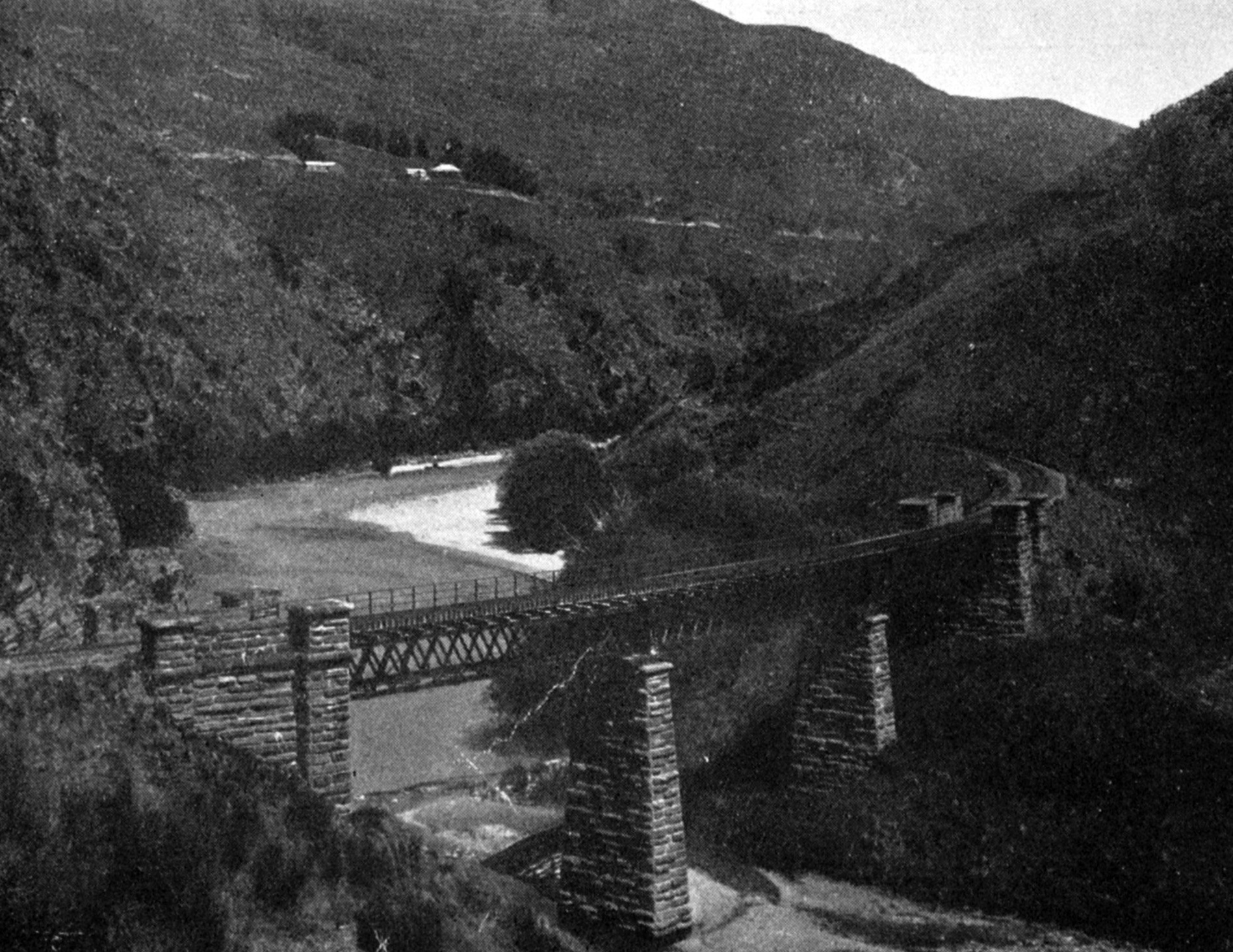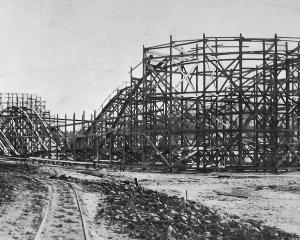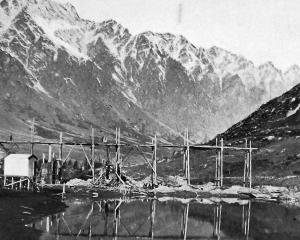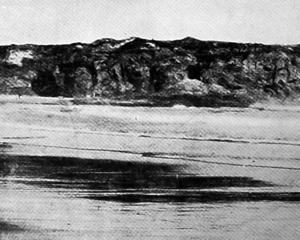
Three-year NZ Parliament just fine
The report that there is a growing feeling in favour of an extension of the duration of New Zealand Parliaments from three to five years is to be taken with a good deal of reserve. The fact is that the suggestion, broadly speaking, is opposed to the trend of democratic principle. To say, as may be said with reason, that the septennial system in the Home Country erred in the direction of undue length is not tantamount to saying that our own triennial system has the opposite fault. The New Zealand term represents, in fact, a happy and effective mean, ensuring reasonably close communication between electors and elected, while avoiding the theoretic extravagance of the demand, occasionally voiced, for annual Parliaments. — editorial
Colony talked up
"Are the prospects for the emigrant in our colonies as rosy as they are often made out to be?" asks the Yorkshire Telegraph. Mr J. Spencer, who has recently arrived in Sheffield after having lived in New Zealand for twenty years, "and therefore, knows what he is talking about."
Finding that so many people were going out to Australasia with a false impression of the country, he wants to let people know the real facts. He is afraid a lot of the trouble is caused by the Government pamphlets, most of which are out of date, and the shipping agents being after business, painting beautiful pictures where there are none.
"New Zealand was a glorious country before the war, with chances for every man, but since the war things are quite different" writes Mr Spencer.
"We are suffering with the rest of the world and are going through a very bad time. There are thousands of acres lying barren that require opening up. But there are few roads or railways". — ODT, 12.8.1922













